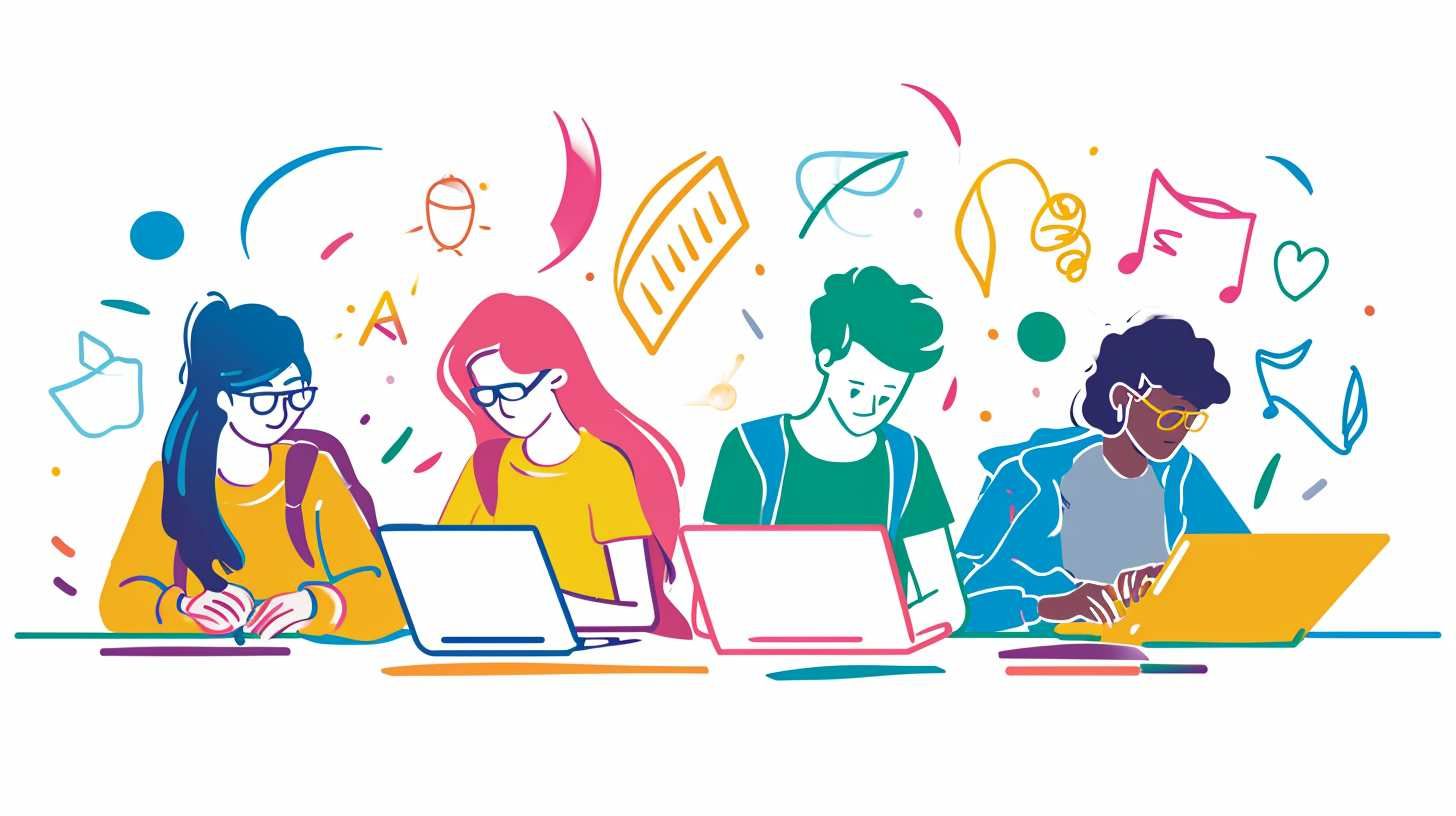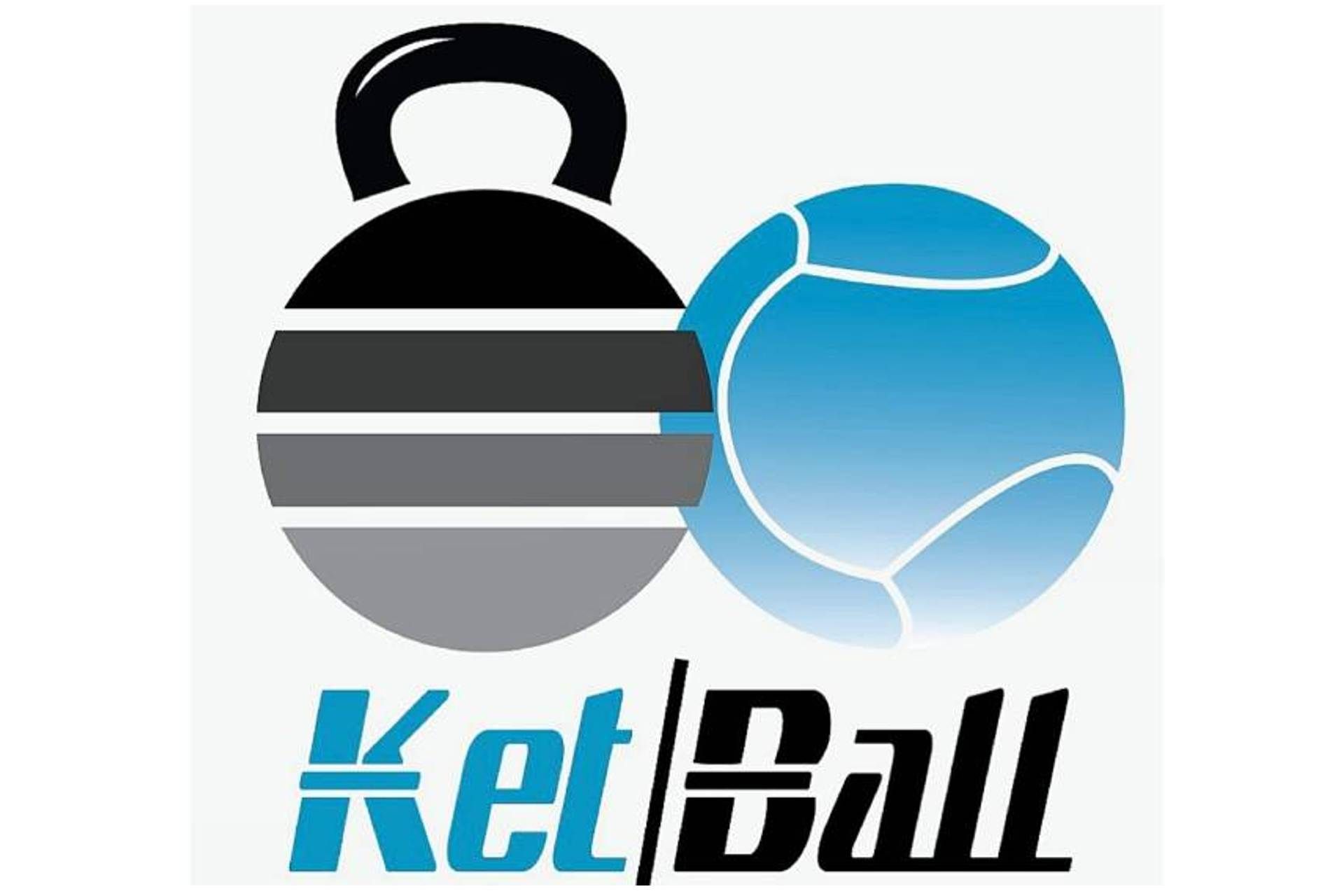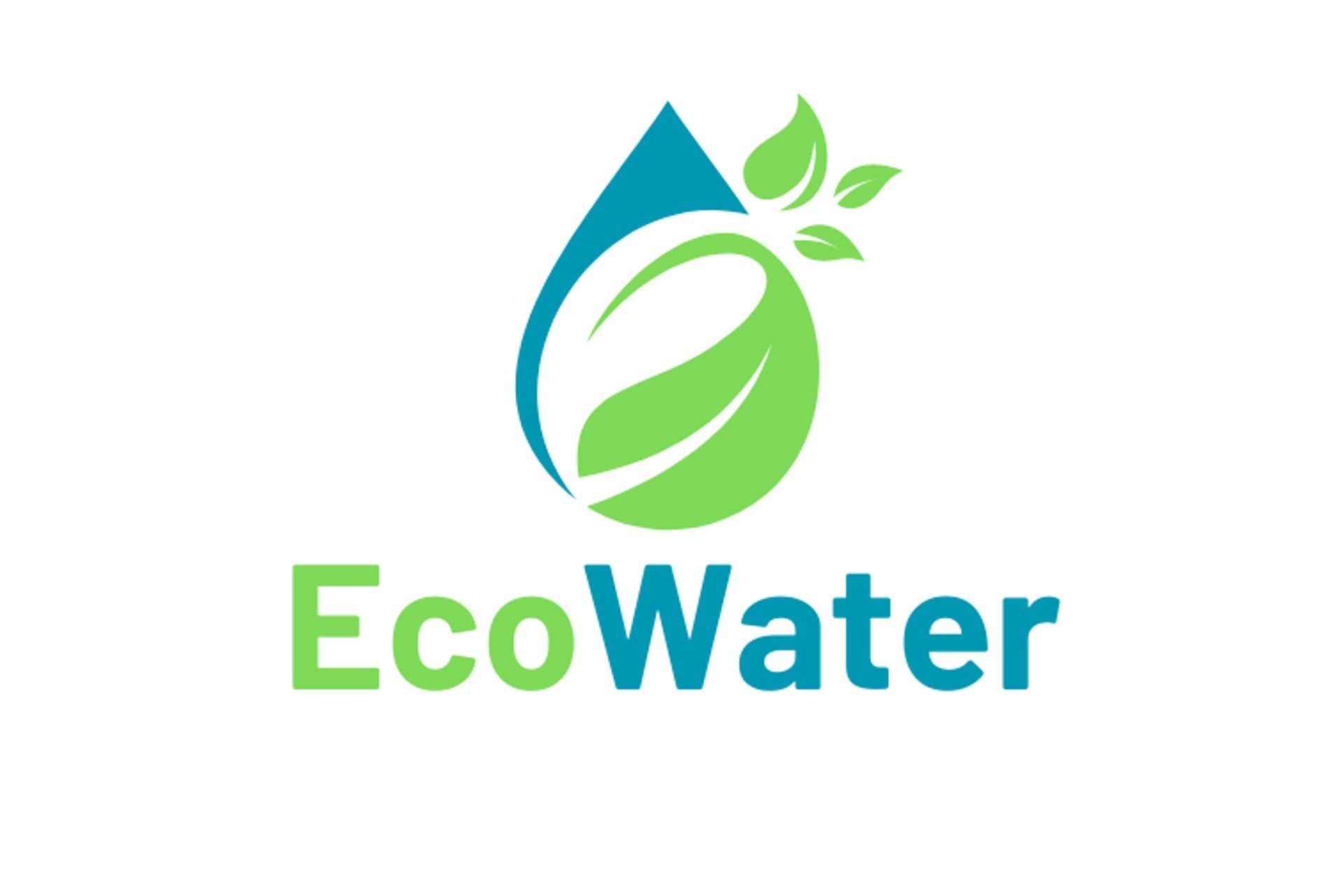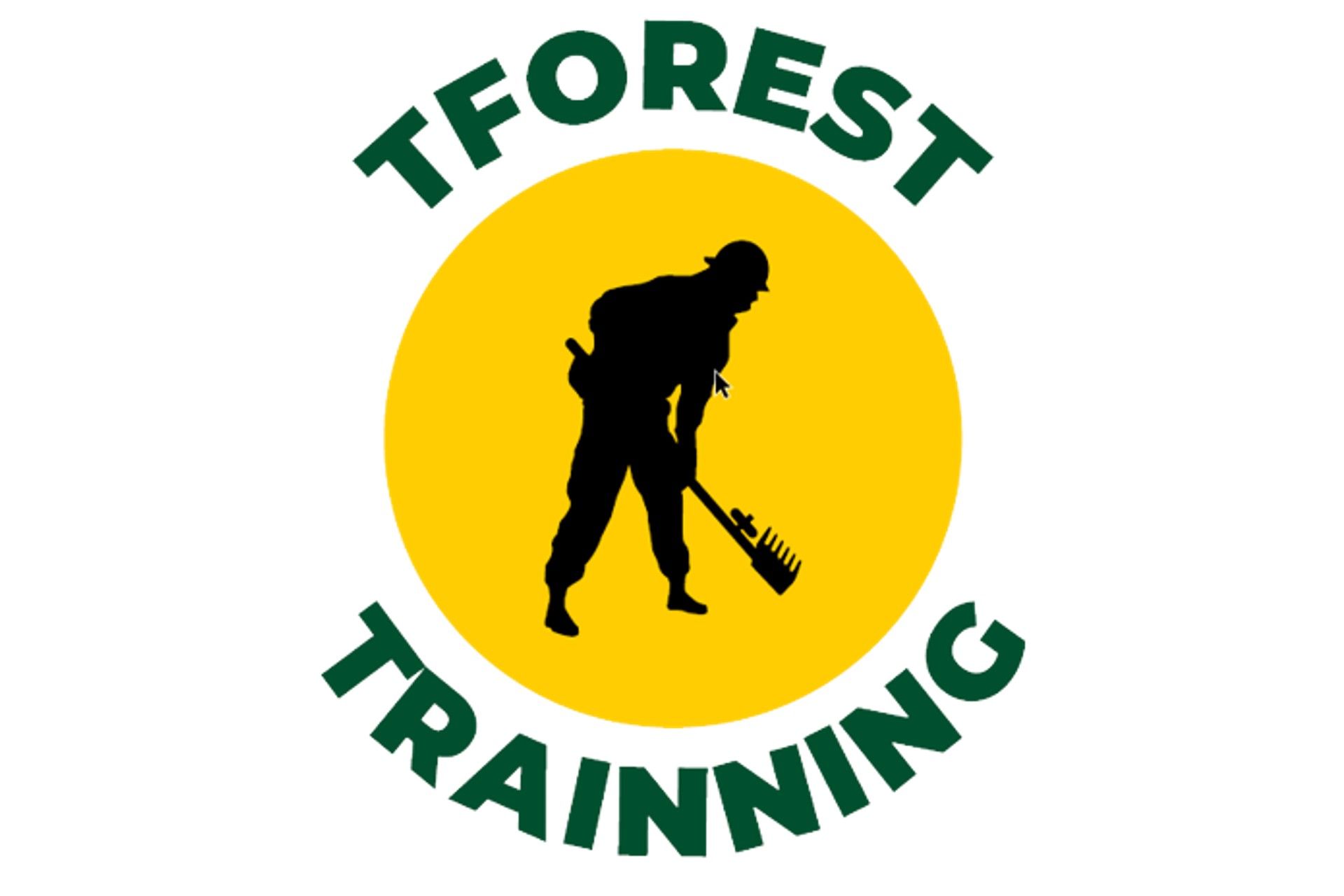9/26/2022
Methodology
9 minutes of reading
How we use Whatsapp as a Teaching Learning Tool
Authors
- Santander X Explorer
Categories
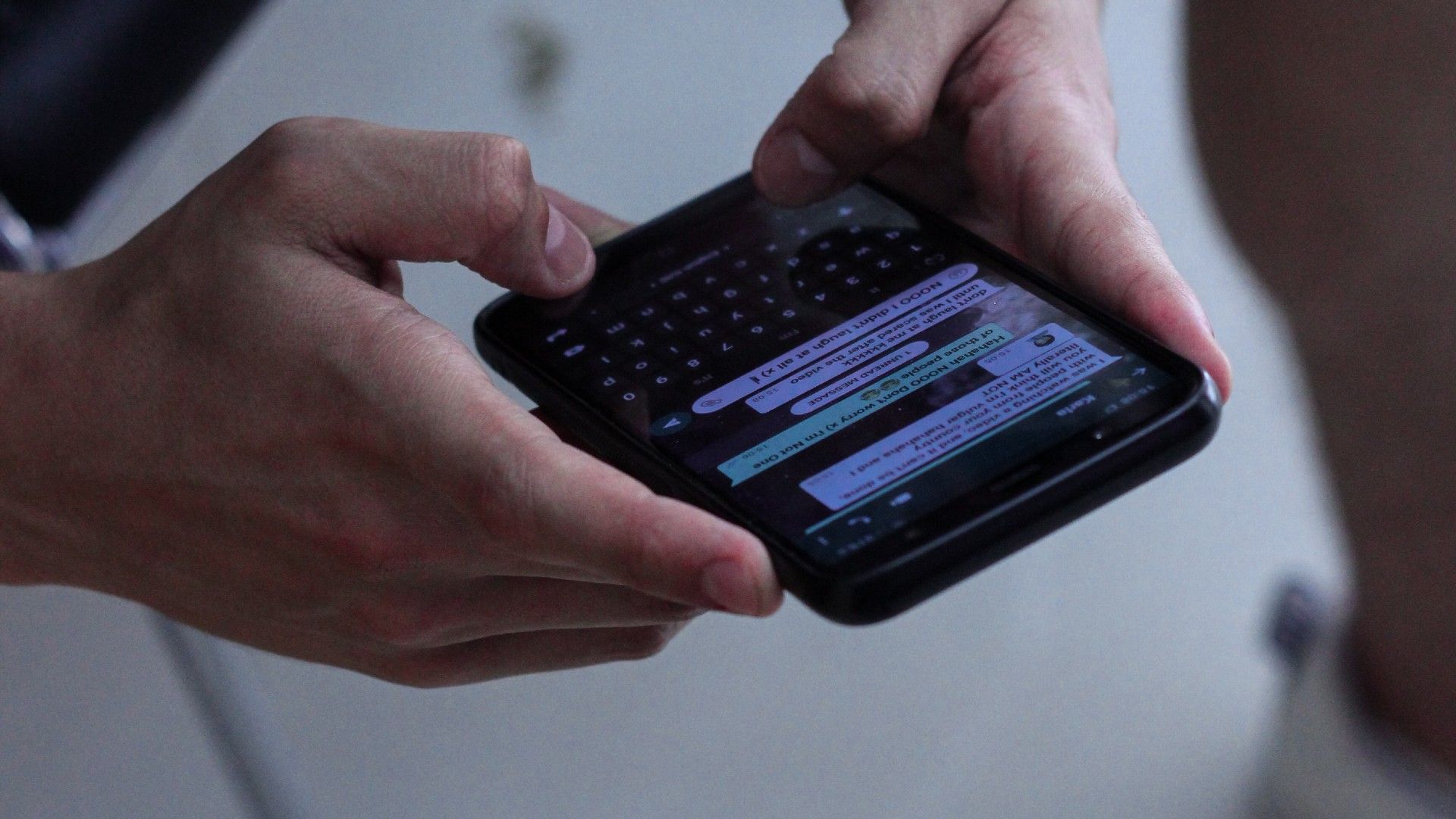
The learning process in Explorer is based on three methodological pillars. In which of them does WhatsApp play a leading role?
**By Patricia Araque, Executive Director at Explorer.
**
The learning process in Explorer is based on three methodological pillars: learning by doing, flipped learning, and community-based learning. This last cone, which allows learning from peers, has been challenging. But since I started running the program, it has been the most exciting part. And that’s where WhatsApp comes to the stage.
Chronicle of a Surrender Foretold
Although I joined Explorer in October 2019, my relationship with the programme dates back to 2010, when I was an expert. At that stage, the programme took place —in person— at each university (and only in Spain). My incorporation had a clear mandate: to expand this successful local experience to other parts of the Santander Universities’ global network. This scaling exercise involved technological leverage and building from scratch an online learning experience. And here is where the international community played a key role. In other disciplines, perhaps not, but in entrepreneurship, you learn the most from others. In a pre-incubation programme like Explorer, future entrepreneurs must understand the network’s impact on the survival and progress of their venture.
With this in mind, we launched a fully digital prototype in March 2020. Fortunately, we started a week before the final outbreak of the pandemic kicked off. It was pure serendipity. We decided to use Slack as the communication channel, and, with frustration, we realised conversations were taking place in the WhatsApp groups that Explorers were creating outside the programme. We assumed that Slack was not a tool that Explorers were familiar with and therefore represented a barrier to entry. After all, for most, it was just another app they had to fit into their lives. So in January 2021 —when we started the first official online edition of Explorer— we moved some of the community experience to Discord, which is widely used by people the age of the Explorers. Our new hypothesis was to assume that taking the community experience out of the itinerary —the Claned platform, our LMS and technology partner— was breaking the learning experience. So we decided to integrate it, and in September 2021, we designed the community activities on Claned’s internal chats. Another mistake, we were losing engagement every minute. So we decided to give up: Explorer 0- WhatsApp 1.
It’s not the tool, fool!
I don’t know about you, but for me —this is still a very subjective analysis and very much influenced by my condition as Generation X— WhatsApp is one of the applications generating me the most anxiety. The conversation there is chaotic, noisy, it doesn’t allow for compartmentalisation or structure, netiquette is conspicuous by its absence, there’s free rein for spelling mistakes and then there are voice messages, which deserve a separate reflection. But all in all, it is part of the life of the Explorers. This was the fact we constantly refused to admit when building our learning community. It wasn’t the tool itself that was failing (any of the tools we had tested so far surpassed WhatsApp in functionality). The problem was where we were pretending to place these tools. To draw a parallel with the offline world, we were trying to get the Explorers to attend classes in a classroom 100 km away. So we had to get closer. And we had to do it assuming the limitations of a tool like WhatsApp.
Building on limitations
Finally, Whatsapp launched its “Communities” project. This will improve our experience significantly. Still, when we decided to move there, we assumed the limitations.
We faced three significant challenges: the size of the Explorer community, its moderation, and the chaos in conversations. As a result, we had to transform it into direct interactions towards meaningful and professional learning, combined with a relaxed atmosphere.
In terms of size, the limitation of the WhatsApp group to 256 participants pushed us to divide the 1,500 participants into micro-learning communities. When they joined Explorer, we assigned participants to groups on the online learning platform and WhatsApp. It’s a process we’ve automated, so it’s tremendously easy for Explorers. From day one, they are accompanied and connected with their peers.
The second big challenge was handling such a high volume of groups and moderating the conversation there. Our CMs are the best and do an impeccable job, but they have not yet developed the superpower of ubiquity, so we had to think of a solution to be everywhere all the time. Thus we named “Pro Connectors.” These Pro Connectors are Explorer Alumni who facilitate, moderate, and support our CMs in managing the groups. These so-called “Pro Connectors” take on the task of helping us choose the “Lite Connectors”, active participants who will take the baton and become “Pro Connectors” in the next edition. In addition to the experience of participating in Explorer, these Connectors take a bonus of leadership and teamwork skills which, of course, we certify for them. It is a real 2×1.
Finally, there was a challenge when choosing the right content. Trying to maintain the balance between the spontaneity of conversation that Explorers are used to in their personal use of WhatsApp and, simultaneously, providing structure to the interaction to encourage learning. And this is where community activities play a crucial role. They allow us to steer the conversation and educate on the appropriate use of groups in a context such as Explorer. The community activities are:
- Group work sessions. Each group shares the deliverable they have to upload that week. They self-organise in the WhatsApp groups. The Connector facilitates decision-making and the work session.
- Support Partners Groups. Participants take a self-test in the program’s second week to determine their creative profile. Based on these profiles, Explorers are assigned to a new group in which the approach is different so that they will find similar profiles. This space is created to encourage and facilitate strategic conversations.
- Explorer Friday. At the beginning of the programme, Explorers from the same geographical area are encouraged to get to know each other in person in a fun atmosphere and, if possible, on a Friday. New groups are formed by city or region. This space is created to encourage relaxed, informal, relaxed conversations.
I owe a large part of my personal and professional growth to having had the opportunity to meet in person hundreds of young people who have passed through this community over more than a decade. In every session I participated in, I always reminded them of what a privilege it was to have a programme like this at their disposal (I wish I had come across something like this when I was at university), but above all I insisted on the importance of caring for and making the most of the community. It remains one of my priorities as Executive Director of the programme. Networking in the early stages of entrepreneurship is fundamental for survival, emotional well-being, business, and learning. When you experience an online programme with such a large number of participants, you take the risk of diluting individualization. Today it is WhatsApp that helps us to prevent that from happening. Tomorrow it might be another tool. In short, the most significant learning we have made this time is that we will always be where the Explorers are; we are ready for it. The key has never been in the tool but in the people and the capacity we have to push them to relate. That and not a technological tool means building a community.
Photo by Asterfolio on Unsplash .
